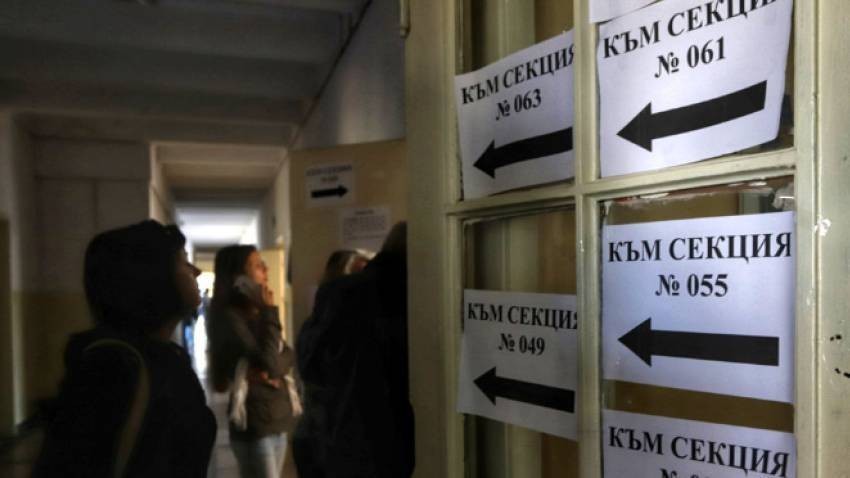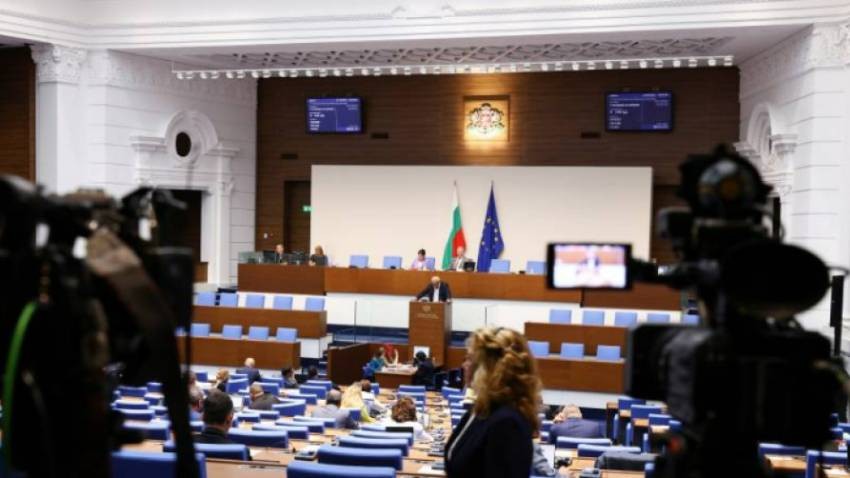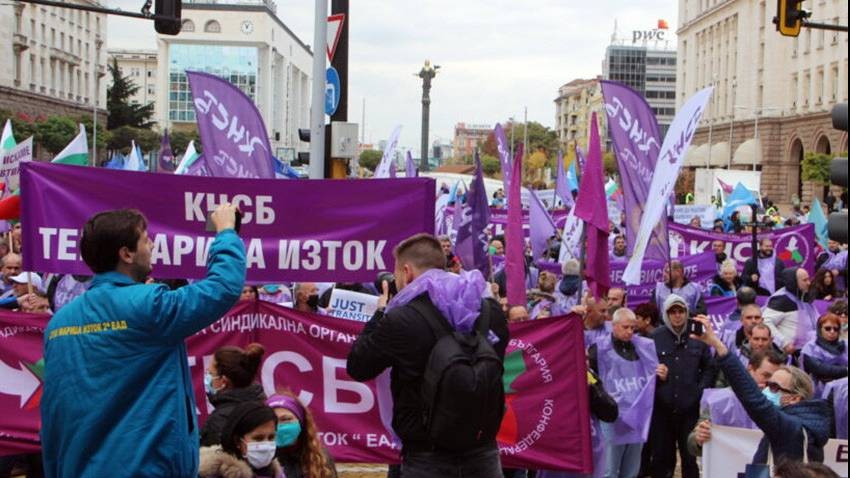"You can see that the players are nervous - the way they speak, the way they campaign for local elections, the candidates themselves. Everything depends on whether "We Continue the Change - Democratic Bulgaria" with a prime minister who seems to be quite successful in conflict management will be able to deal tactically with the many bombs planted by previous administrations that are activated now. If they succeed, they can also hope for a relatively good performance in the parliamentary elections, whenever they are."

The previous local elections in Bulgaria were held in 2019. What is different in the upcoming ones and how can we read the messages of the candidates who will fight for the voters' votes for local government?
"The political discourse, as well as the agenda of the candidates, this time is particularly strongly influenced by the appearance of a new player - "We Continue the Change", who already with their appearance set the tone for breaking away from the status quo, for change. In this, this new candidate somewhat took the initiative of his own coalition partner - "Democratic Bulgaria", but also managed to attract and even tear away voters from other parties with similar intentions, for example, ITN. And what happened? Now, the status quo parties in this sense cannot stay away from this discourse. That is why they also have to compete with him, generally using two means. The first, more dignified way is to set some agenda for a change in their own political rhetoric and in their own agenda: whether internal political - towards a more social state, or foreign political change - towards greater independence of Bulgaria in decision making. The second, more impure method is the attempt to tarnish the name of "We Continue the Change" and Democratic Bulgaria and to capture some of the voters who still carry the wind of the protests", believes Hristina Karageorgieva.

She also warns of the dangerous activation of revisionist radical populism, "which promises a drastic turn, the destruction of the current political elite", and which manages to attract a significant part of people who consider themselves victims of the transition. "We have to realize that radical rhetoric before elections and in general is toxic for our entire society," she points out.
In the last 3 years, on a global scale, we have gone through many cataclysms and trials that inevitably affected politics, economies, and hence the lives of people around the world. Will such internal factors as the recent mass miners' protests and external factors such as the war in Ukraine, for example, influence the local vote?

"I guess yes, because local politics cannot be separated from state politics. If we talk about the wars, they once again imposed on us from the outside the absolute need to rethink everything unfinished in the last 30 years in terms of the evolution of Bulgarian society from a post-Soviet to a European one. This also means energy transformation, if we are talking about the miners, it also means the rule of law, a total break with the feudal model that we observe in local politics. Everything in this evolution that did not happen, whether due to a lack of political will, a lack of public readiness, whether for geopolitical reasons, can no longer be postponed and therefore neither the national nor the local authorities can ignore it without very significant consequences for Bulgaria", Hristina Karageorgieva says in an interview with Radio Bulgaria.
Photos: BTA, BGNES, knsb-bg.org
Translated and published by Rositsa Petkova
Security cameras captured a bear in a residential neighborhood of the town of Karlovo a few days ago. The predator came down to the houses in the northern part of the town and walked calmly along the streets until it was startled by a passing car...
The Day of the Christian Family is an annual event that brings Bulgarians in Hamburg together. 2025 is no exception, with invitations having been circulating on social media for some time, as this year marks the 20th anniversary of the establishment of..
Kosovo is heading for early elections after nine months of failed attempts to form a government Kosovo President Vjosa Osmani has dissolved Parliament, Koha Ditore reports. This decision came after the proposed cabinet, put forward by Glauk..

+359 2 9336 661
